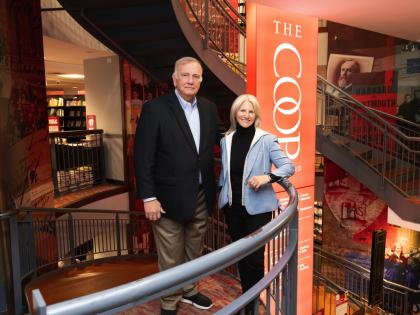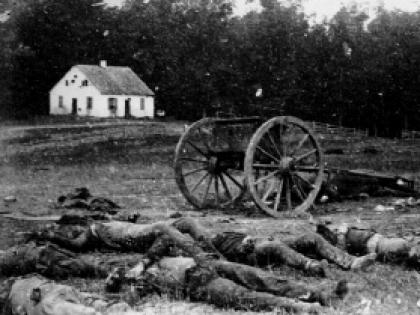Mallinckrodt professor of physics Roy J. Glauber ’45, Ph.D. ’49, has a new title: Nobel laureate. The Royal Swedish Academy of Sciences conferred the prize on October 4, recognizing Glauber for his elucidation of the quantum theory of light. Cowinners John L. Hall, of the University of Colorado, and Theodor W. Hänsch, of the Max Planck Institute, were cited for developing highly precise laser-based spectroscopy; Glauber praised the “exquisite ingenuity” of some of their experiments.
 |
| Roy J. Glauber |
| Photograph by Stu Rosner |
Glauber told reporters he was a child tinkerer who built a telescope and then a spectroscope, and found himself seduced by physics as a young teenager. At Harvard, he devoured the mathematics curriculum (so much so that he worked on the Manhattan Project as an undergraduate, making calculations about critical mass and the efficiency of atomic explosions) and discovered “all sorts of thrilling things.” With the invention of the laser, new experiments made it possible, and essential, to go beyond the prevailing wave theory and to encompass the “granular quality” of photons, better accounting for the nature and behavior of light. His work, Glauber said, was a mathematical approach to the theory of light explaining these effects: “That’s really all there is to it.” (Background papers are available at http://nobelprize.org.)
In his twenty-fifth anniversary class report, Glauber described his work as “papers on various aspects of quantum theory and nuclear theory.” And how. Twenty-five years later, he reported taking up undergraduate teaching after many years of focusing only at the graduate level. He remains so engaged, offering a freshman seminar, “The Atomic Nucleus on the World Stage” this fall, and the popular Core course, Science A-29, “The Nature of Light and Matter,” next spring. Tenured in 1956, he is the longest-serving currently active tenured member of the Faculty of Arts and Sciences.
Separately, on October 5, MIT professor Richard R. Schrock, Ph.D. ’72, was named a co-recipient of the Nobel Prize in chemistry.
On October 10, while this issue was on press, Thomas C. Schelling, Littauer professor of political economy emeritus, was named a co-recipient of the Nobel Prize in economic sciences for his instrumental research on game theory.







